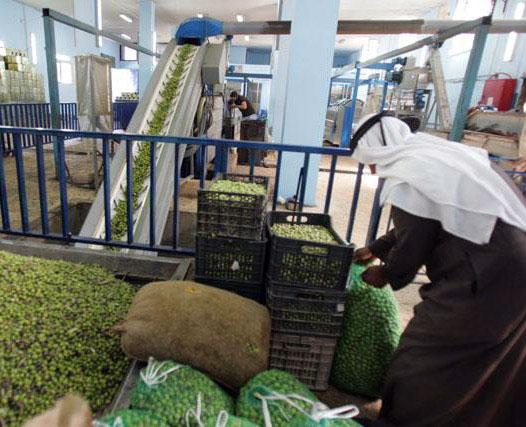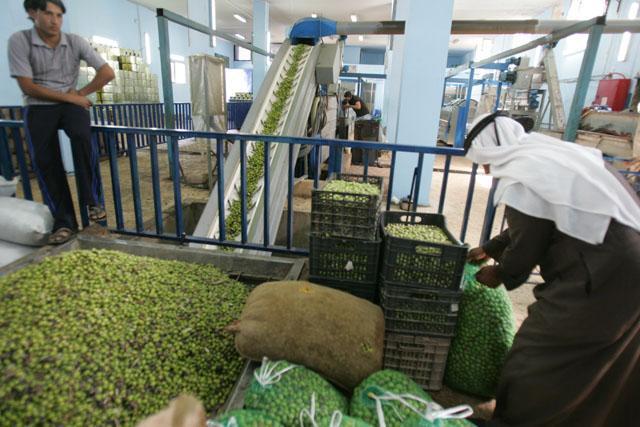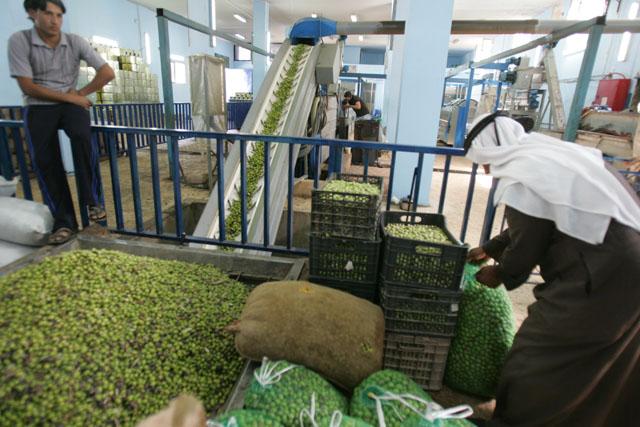You are here
Activists raise alarm over environmental impact of olive waste
By Maram Kayed - Nov 04,2019 - Last updated at Nov 04,2019

Activists warn of potential negative impacts of olive oil extraction processes on the environment (JT file photo)
AMMAN — With the olive picking and pressing season currently in full swing, activists warn of potential negative impacts of extraction processes on the environment, such as peat and olive mill wastewater.
Citizens living near olive oil pressing mills in Jerash and Irbid have been complaining about “unpleasant odours emanating from some of these presses, which cause respiratory sensitisation for many, as well as being an insect attraction”, Masoud Rawashdeh, a citizen residing near the Qiyam Pressing Factory, said.
Director of the Jordanian Farmers Union Mahmoud Oran told The Jordan Times over the phone that "70 per cent of the olive pressing factories, which amount to around 136, dispose of the peat leftover from the pressing improperly”.
He added: “For 30,000 tonnes of olives, that is about 12,000 tonnes of peat. We need an effective way to dispose of them in record time, as the environmental damage they do is serious.”
He stressed the importance of establishing peat plants, pointing out that "the success that these factories can achieve is great, especially in light of the high price of petroleum fuel, in addition to the impact they would have on reducing the negative effects of olive waste on the environment".
Mill wastewater, on the other hand, is described by farmer Dawoud Sheehan to have a "pungent smell and black colour, in addition to causing great environmental damage to groundwater and agricultural land because of the organic acids”.
At the onset of the olive picking and pressing season, the Ministry of Agriculture announced a slew of “serious punitive measures” for any factory that does not dispose of the mill water properly, threatening to shut down such factories and revoke their licences.
Related Articles
AMMAN — As the olive-milling season in Jordan comes to an end, experts warn against the dangerous effects of the waste it generates and call
AMMAN — The Olive Oil Producer and Mill Owner Syndicate indicated on Thursday that as the current olive season progresses, there have
Although Jordan ranks as the eighth largest olive oil producing country in the world, it still lacks proper facilities for the treatment of zibar, an oily waste generated during the olive oil extraction process, according to a study.
















